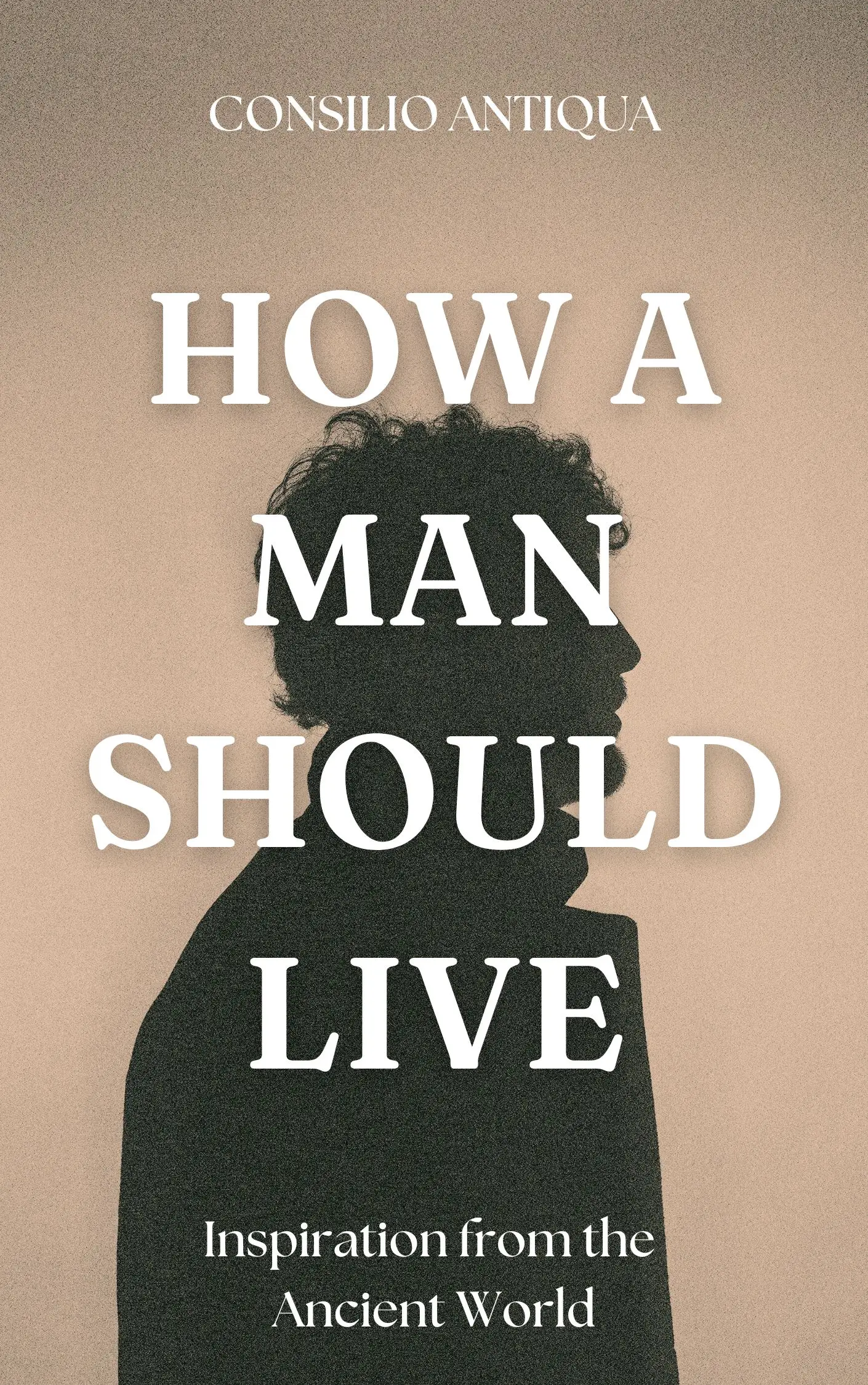
How a Man Should Live | Chapter Biography: Solon
Chapter Biography: Solon
The Athenian Acropolis had witnessed the rise and fall of kings, the clash of armies, the slow, deliberate unfolding of democracy. In this crucible of history, a man named Solon was born, a name that would echo through the centuries, a testament to the enduring power of wisdom and reform. His life, a tapestry woven from the threads of family, ambition, and a profound understanding of human nature, would shape the course of Athenian history and leave an indelible mark on the world.
Solon’s early life, shrouded in the mists of time, reveals glimpses of a man shaped by the very city he would one day transform. Born into a family of modest means, perhaps of aristocratic lineage but not of overwhelming wealth or power, he was not born into a life of privilege. His upbringing, steeped in the traditions and values of Athens, instilled in him a deep appreciation for its history and a keen awareness of its social inequalities. The stories of the legendary heroes, the debates in the agora, the rhythms of daily life – all contributed to the formation of his intellectual curiosity and his unwavering commitment to justice. He was a man of letters, his mind sharpened by the study of poetry and philosophy, his spirit ignited by the ideals of a just and equitable society.
His rise to prominence was not a meteoric ascent, but a gradual climb marked by both shrewd political maneuvering and genuine concern for the welfare of his fellow citizens. Athens, in the sixth century BC, was a city teetering on the brink of chaos. The deep chasm between the wealthy and the impoverished threatened to tear the fabric of society apart. Faced with this crisis, Solon was chosen as archon, a position that granted him the authority to implement sweeping reforms. His actions were not those of a ruthless tyrant, but of a statesman who understood the delicate balance between power and compassion.
He began by addressing the most pressing issue: the crippling debt that bound so many Athenians to lives of servitude. With the stroke of his pen, he abolished these debts, freeing thousands from bondage. This act, bold and audacious, was not without its critics. Some argued that it was an act of theft, a violation of property rights. Others praised it as an act of mercy, a necessary step toward social harmony. Solon, ever the pragmatist, navigated these conflicting currents with a steady hand, demonstrating a remarkable ability to compromise without sacrificing his principles.
His reforms extended beyond the realm of economics. He reorganized the Athenian constitution, establishing a system of governance that balanced the power of the aristocracy with the voices of the common people. He created a council of four hundred, representing the different tribes of Athens, giving a greater voice to the citizenry. This was a pivotal moment in the development of Athenian democracy, a testament to Solon’s vision and his understanding of the importance of civic participation.
Yet, his path was not without obstacles. He faced opposition from both the wealthy elite, who resented the curtailment of their power, and the radical democrats, who felt his reforms did not go far enough. He navigated these treacherous waters with a blend of diplomacy and firmness, never wavering in his commitment to justice and moderation. His wisdom, honed by years of observation and reflection, allowed him to see beyond the immediate conflicts and to envision a future where Athens could flourish as a beacon of democracy and justice.
His legacy extends far beyond the walls of ancient Athens. His reforms laid the foundation for the flourishing of Athenian democracy, a system of governance that would inspire generations of reformers and revolutionaries. His laws, though modified and adapted over time, served as a model for future legal systems. His wisdom, captured in his poems and sayings, continues to resonate with readers today, offering timeless insights into the human condition.
Solon’s personal life, though less well-documented than his political career, reveals a man of complex character. He was not without flaws; he was capable of both great generosity and occasional ruthlessness. He was a man of deep intellectual curiosity, a poet, a statesman, and a reformer. His personal struggles, his triumphs, and his failures all contributed to the richness of his character and the depth of his legacy. He was a man who understood the fragility of human life and the enduring power of human spirit.
In the end, Solon’s life stands as a testament to the transformative power of wisdom and courage. He was a man who dared to dream of a better world and who had the courage to work tirelessly to achieve it. His legacy, etched in the annals of history, serves as a reminder that even in the face of seemingly insurmountable challenges, the pursuit of justice and equality is a worthy endeavor. The sun continues to shine on the Acropolis, a silent witness to the enduring impact of a man who dared to change the world.
